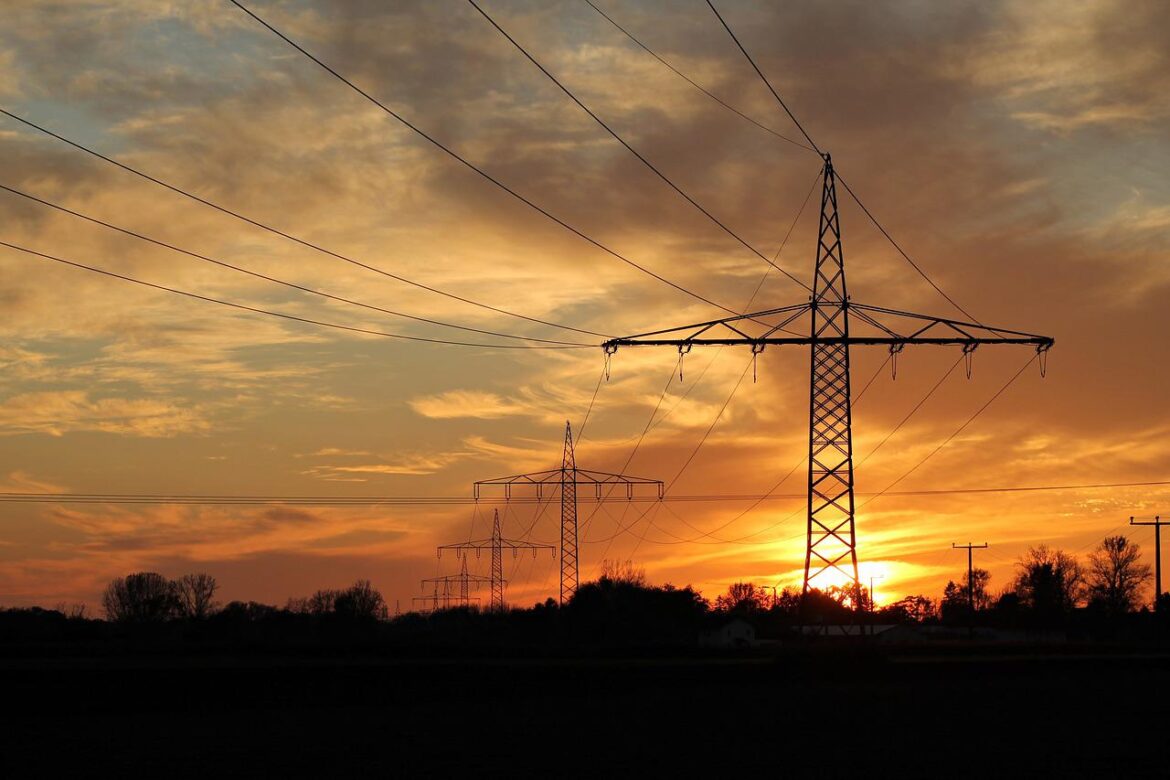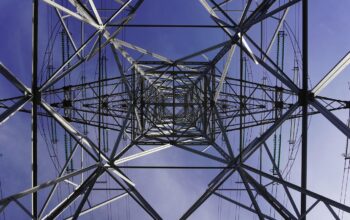The power minister in Iran to seek energy coop for Gwadar, but what stops him from aiming higher?
By Staff Reporter
ISLAMABAD: He is in Tehran on a high-level mission to negotiate a power import deal with the Ayatollahs. But does he realise how close he is to solving Pakistan’s energy crisis in short order?
Reports coming in from Tehran say federal minister for power Engr. Khurram Dastgir Khan Monday held a one-on-one meeting with Iran’s Minister for Energy Ali Akbari Mehrabian in the capital city of Pakistan’s Western neighbour.
The two sides “discussed various aspects electricity supply from Polan to Gwadar”, a ministry statement issued Monday said. The meeting aimed at increasing avenues of cooperation in energy field between the two neighbours.
The feelers coming from the officials suggest the talks are limited to addressing energy woes of Gwadar. However, nothing stands in the way of such cooperation expanding to help Pakistan out of the rut it is in. If anything, any deal struck for Gwadar could serve as a pilot project to full-blowm energy cooperation.
Pakistan is in the grip of an acute energy crisis after new European demand drove LNG prices sky-high. Several European countries moving away from Russian energy are turning to LNG, Pakistan’s fuel of choice for households and power plants. As a result, the country is struggling to keep its power plants running, leading to frequent blackouts.
Iran, on the other hand, is sitting atop vast oil reserves and 1,183 trillion cubic feet (Tcf) of proven gas reserves, the world’s second largest, accounting for about 17 percent of the world’s total natural gas reserves.
That the two nations share an 832-km land border makes overland transportation of oil or gas via road transport of pipeline very cost effective.
This makes Pakistan-Iran energy cooperation inevitable. However, there are a number of stumbling blocks in the way of such cooperation, and United States’ sanctions on Iran are not the least of them.
Nevertheless, in the changed geoeconomic environment after Russia’s invasion of Ukraine, where the West is focused on diverting Gulf energy supplies to meet the needs of European countries turning away from Russian energy, there is no reason why the two neighbours should not be able to find a way to work together.
“Federal minister for power lauded the energy cooperation between Pakistan and Iran and reiterated Pakistan’s commitment to strengthening [bilateral] relations. He stressed on the need to expedite the electricity import project. Both long-term and short-term energy plans were discussed”.
In spite of geographical contiguity and Islamic brotherhood and to the disadvantage of both Islamabad and Tehran, the volume of bilateral trade between Pakistan and Iran is minuscule.
Now looks like a good time to change that, especially because the scope for bilateral trade and cooperation is vast. Energy, nevertheless, looks like the best starting point, which is why Khan’s visit is being seen as a stitch in time.
Cooperation in energy sector could include the two neighbours partnering in the construction of at least two new oil refineries at the border and probably in Gwadar.
Pakistan could also benefit from Iranian expertise in exploration, opening up more fields within the country to avoid exploitation at the hands of multinational oil and gas cartels as well as the constant drain on precious foreign exchange.
Copyright © 2021 Independent Pakistan | All rights reserved




